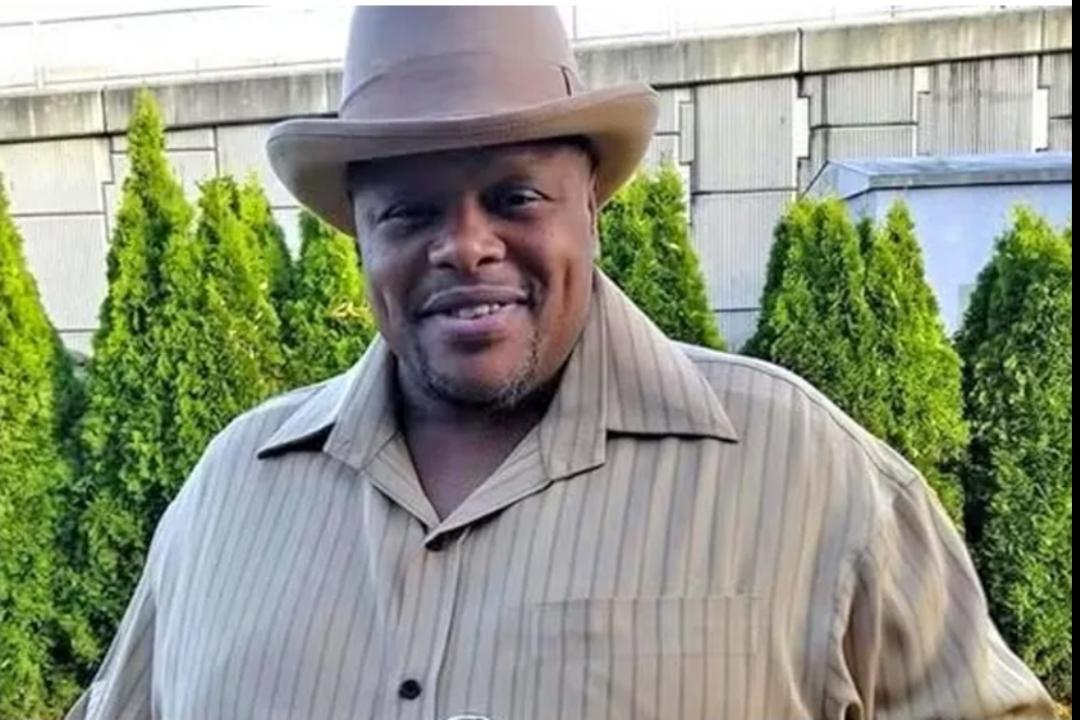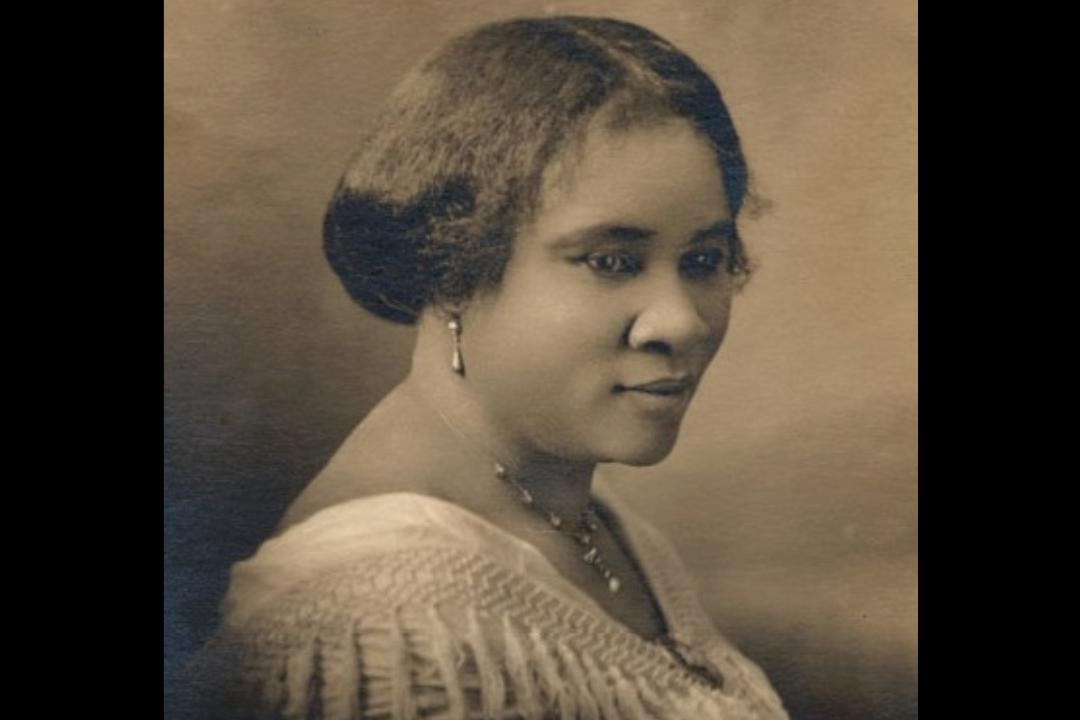Buffalo, N.Y. – In a highly charged hearing this week, attorneys representing Payton Gendron—the white supremacist responsible for the racially motivated mass shooting at a Buffalo Tops supermarket in May 2022—argued that the federal indictment against him should be dismissed on constitutional grounds, citing what they say was a flawed grand jury selection process.
Defense Argument: Jury Was Not Representative
Gendron’s lawyers claim that the grand jury that indicted him was “too white,” underrepresenting Black individuals, Hispanic/Latino individuals, and men in a way that violated his Sixth Amendment rights to an impartial jury drawn from a fair cross-section of the community. According to court filings, the pool included only about one-third of the expected Black and Hispanic/Latino persons—a disparity they say is systemic, not coincidental.
They also criticized the lack of transparency regarding the vendor who compiled the jury source lists, noting that the data and methods used were not preserved, preventing meaningful scrutiny of the jury selection process .
Prosecution Pushes Back
The U.S. Attorney’s office strongly opposed the defense’s motion, characterizing any underrepresentation as at most a “technical violation” of jury selection norms—not grounds for dismissing an indictment. They emphasized that defendant is not entitled to a “perfect representation” of all demographic groups, as per federal law.
Judge Lawrence Vilardo weighed in during the hearing, calling attention to the irony of a hate crime defendant complaining about racial exclusion from the jury process—but refrained from issuing an immediate ruling on the motion.
The Bigger Picture: Trial and Penalty
Gendron is already serving life without parole following his guilty plea on state-level charges, including murder, domestic terrorism, and hate crimes . The federal trial, addressing hate crime and weapons charges, is scheduled to begin next year. The Justice Department has formally announced its intent to pursue the death penalty if he’s convicted at the federal level.
His legal team has also filed a separate motion seeking exemption from capital punishment based on his age at the time of the shooting—18—arguing that his brain was still developing. That motion remains pending .
Victims’ Families Speak Out
John Elmore, representing families of the victims in civil lawsuits, expressed frustration at the timing and nature of the defense’s appeal, describing it as “deeply ironic”. Yet, he acknowledged it underscores a broader and persistent problem with diversity in jury pools across America’s judicial system—even in cases like this one.
Summary Table
| Topic | Details |
|---|---|
| Defendant | Payton Gendron, shooter in 2022 Buffalo Tops supermarket attack |
| Defendant’s Request | Dismiss federal indictment due to underrepresentation on grand jury pool |
| Prosecution’s View | Disparities are minor; not sufficient to invalidate the indictment |
| Judge’s Commentary | Noted the irony of argument in hate crime context; no ruling yet |
| Trial Status | Federal trial expected next year; death penalty on table if convicted |
| Other Motions | Defense seeks juvenile brain development exemption from death penalty |
| Public Reaction | Victim families condemn the motion but acknowledge jury selection concerns |
This case raises complicated legal and moral questions: Can alleged procedural flaws in jury selection merit dismissal in a high-profile hate crime case? Will concerns about racial fairness in court processes take precedence, even for defendants convicted of racially motivated violence?
As proceedings continue, communities and court observers alike will be watching closely—not just for the fate of one man, but for broader implications about justice, accountability, and equity in the U.S. legal system.





